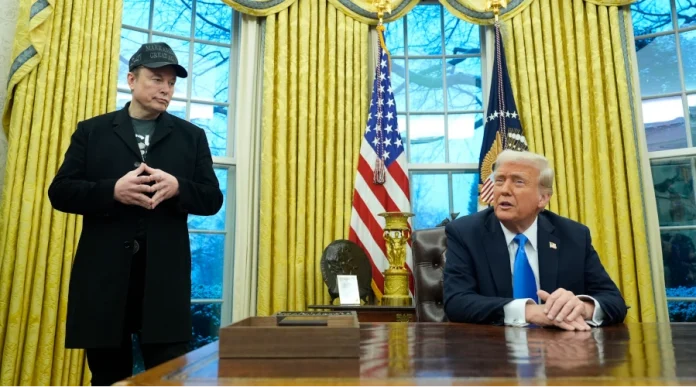Representative Don Bacon, a Nebraska Republican and retired Air Force general, has publicly called for the resignation of Defense Secretary Pete Hegseth following a security breach that exposed sensitive military information. Bacon’s rare and pointed criticism highlights growing tensions within the Republican Party and raises concerns over the stewardship of national security.
The controversy centers on an incident in which Defense Secretary Hegseth, a former Fox News personality appointed by President Trump, inadvertently shared classified or sensitive military plans using an unsecured messaging application. This breach has alarmed military officials and intelligence experts, who warn that such lapses could compromise operational security and put American service members at risk.
Details of the leak remain classified, but insiders suggest the information involved troop movements, strategic operations, and contingency plans. The revelation sparked immediate calls for accountability within the Pentagon and raised questions about the judgment and competence of the Defense Secretary.
Representative Bacon, known for his military background and dedication to national security, broke ranks with party leadership by urging Hegseth to step down. “Our military deserves leaders who uphold the highest standards of security and professionalism,” Bacon stated in a public letter. “This breach undermines trust and could have grave consequences.”
Bacon’s dissent comes at a time when President Trump continues to publicly support Hegseth despite the growing backlash. Trump praised Hegseth for his loyalty and service, dismissing concerns over the security lapse as overblown or politically motivated.
The situation exposes a rare fracture within the Republican Party, which has largely stood united behind Trump’s appointments. Bacon’s stance has been lauded by defense analysts who view it as a principled stand prioritizing national security over party loyalty.
Security experts emphasize that modern military operations rely heavily on secure communication systems and disciplined information management. Any breach can jeopardize ongoing missions, endanger lives, and give adversaries a tactical advantage.
In response to the breach, the Pentagon has launched an internal investigation to assess the extent of the leak and implement corrective measures. The Department of Defense has also reinforced guidelines on the use of communication tools by high-ranking officials to prevent future incidents.
Critics of Hegseth argue that the incident reflects broader issues of politicization and lack of experience within the Department of Defense’s leadership. They contend that appointing media personalities without deep military or strategic expertise can undermine the effectiveness and credibility of defense operations.
Supporters of Hegseth maintain that he brings a fresh perspective and communication skills necessary for modern defense challenges. They argue that while the breach is serious, it should not overshadow his efforts to reform and modernize the military.
Representative Bacon’s call for resignation also underscores concerns about the erosion of institutional norms and standards in the federal government. It raises questions about how political loyalty is balanced against competence and accountability in key national security roles.
The public response has been mixed, with some applauding Bacon’s courage to speak out, while others criticize him for breaking ranks during a sensitive time. The Pentagon faces pressure not only to address the security breach but also to maintain unity and morale among service members.
As congressional leaders prepare to hold hearings on the matter, the Defense Secretary’s future hangs in the balance. Lawmakers are expected to scrutinize Hegseth’s actions, the adequacy of Pentagon security protocols, and the administration’s approach to managing high-level appointments.
The incident serves as a stark reminder of the critical importance of safeguarding classified information and ensuring that those entrusted with national defense meet rigorous standards. It also reflects the ongoing challenges faced by the U.S. military as it navigates complex global threats and political pressures.
Moving forward, the Department of Defense must rebuild confidence both within the military ranks and among the American public. The outcome of this controversy will have lasting implications for how national security leadership is selected and held accountable.
Representative Don Bacon’s stance highlights the need for vigilance, integrity, and professionalism at the highest levels of defense leadership. Whether Secretary Hegseth remains in his post or steps down, the episode has sparked a vital conversation about the intersection of politics and military governance in the 21st century.




